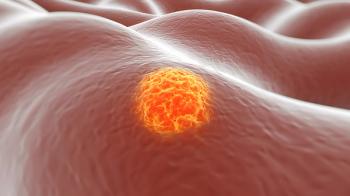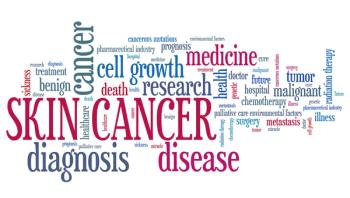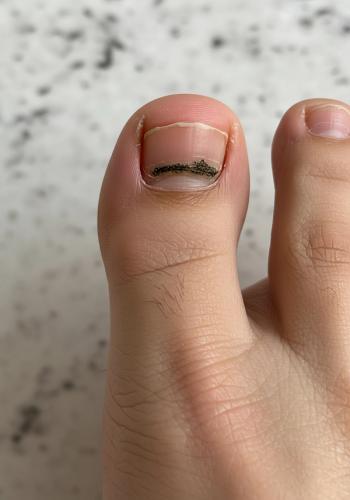
Lung Cancer Drugs Shows Promise for Treatment-Resistant Melanoma
EGFR inhibitors such as Erbitux and Gilotrif show potential in laboratory and mouse studies in treating melanoma with a specific mutation that can lead to resistance to immunotherapy.
A class of targeted therapies currently used to treat lung and other cancers may be effective for patients with a deadly form of drug-resistant melanoma, according to new research.
The study, published in Cancer Research, examined tumor cells from 30 melanoma patients who did not respond to immunotherapy, discovering a genetic mutation commonly found in other cancers that do respond to a class of medications called EGFR inhibitors. It’s estimated that 27% of melanoma patients have this specific mutation, neurofibromin 1 (NF1), according to the study led by Milad Ibrahim, Ph.D., a postdoctoral fellow at NYU Grossman School of Medicine.
EGFR inhibitors are already approved for treating head and neck, colorectal and lung cancers. The researchers tested two drugs from this class, Erbitux (cetuximab) and Gilotrif (afatinib), in laboratory studies and mouse models of NF1 mutant melanoma. Both drugs effectively reduced tumor growth in patient-derived cell cultures and xenograft models containing NF1 mutations.
“There is a pressing need for new drug therapies for melanoma patients with neurofibromin 1 mutations that do not respond to the latest immunotherapy, and for which there are no subsequent effective treatment options,” Ibrahim said in a
Among the cell samples tested by researchers, NF1 mutations were found in 40%, notably higher than what’s found in the general melanoma population. Researchers concluded that this suggests that NF1 mutations may be particularly common among patients who do not benefit from immune checkpoint inhibitors.
The findings could address an unmet medical need for patients with NF1 mutant melanoma. While immunotherapy works for approximately 37% of patients with this subtype, those who don’t respond have limited treatment options. Traditional targeted therapies that work for other common genetic mutations, such as BRAF and NRAS mutant melanomas, are less effective in NF1 mutant disease.
“Our study results reveal a unique vulnerability in melanoma patients with neurofibromin 1 mutations, that an overexpression of the epidermal growth factor receptor pathway is essential for their survival and growth,” said study senior investigator Iman Osman, M.D., in the news release. Osman is the Rudolf L. Baer Professor in the Ronald O. Perelman Department of Dermatology at the NYU Grossman School of Medicine.
The NF1 gene normally acts as a tumor suppressor by regulating cell growth pathways. When mutated, it can no longer control proliferation of cells, contributing to cancer development.
The study showed that losing NF1 function led to increased EGFR expression and activation of pathways that promote cell survival and growth. Inhibiting EGFR reversed these effects, causing cancer cell death.
"While further tests are needed, our results support a novel approach of deploying EGFR inhibitors either alone or in combination with other immunotherapies for treatment of melanoma patients whose tumors harbor NF1 mutation," said study co-senior investigator Markus Schober, Ph.D., in the news release.
Approximately 100,000 cases of melanoma will be
The research team plans to develop clinical trials to test whether these laboratory results will translate in humans.
Newsletter
Get the latest industry news, event updates, and more from Managed healthcare Executive.























